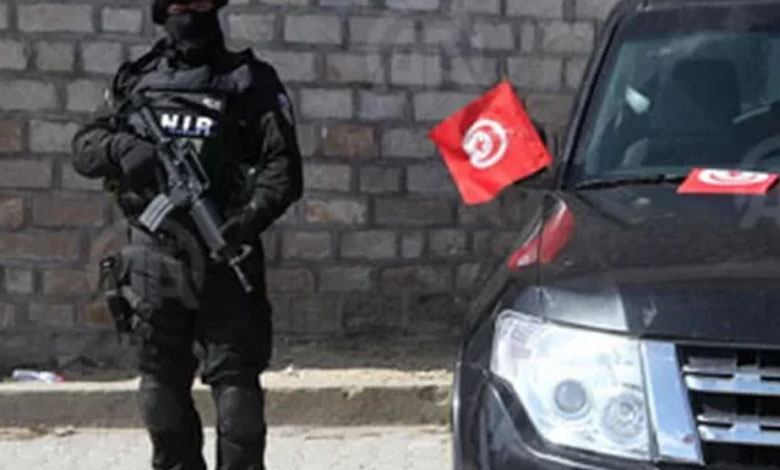Tunisian authorities detain several individuals in corruption cases

Tunisia’s investigating magistrates have decided to put a number of detained figures in different prison files as President Kais Saied’s efforts to achieve accountability and combat corruption escalate as a popular demand and work to combat impunity.
Radio Mosaic’s director, Noureddine Bouattar, was placed in prison on charges of money laundering and abuse of power days after he was arrested amid a crackdown on opposition politicians, businessmen and two judges.
According to his lawyer Ayoub Al-Ghadamsi, the radio revealed on Monday evening that the charges against his client were “using the libertarian line of Mosaic to insult the highest power pyramid and state symbols and to inflame the situation in the country.”
Private radio station Radio Mosaique is tackling political issues and airing satirical talk shows critical of the government, similar to the daily “MidiShow” where it was criticized by the president in the past for its editorial line.
Pottar’s lawyer had confirmed that during the interrogation his client faced questions relating primarily to the editorial line of the “MidiShow” and the guests, in addition to questions about property and his relationship with opposition forces.
On the other hand, the investigating magistrate in the Financial Judicial Sector decided, Monday evening, to put a number of security syndicates in prison, in the case of manipulating the funds of one of the security syndicates and carrying out acts of faking bills.
Two weeks ago, Tunisian authorities decided to retain nine people, including members of the executive bureau of a security union and middlemen, on charges of embezzlement, financial fraud and manipulation amounting to 134 million dinars (about 45 million dollars) .
The investigating magistrate also decided to detain the dismissed judge, Al-Tayeb Rashid, in the case of forcing a person to give false testimony according to some media sources.
Al-Tayeb Rashid faces charges of corruption and illegal enrichment. Nadia al-Shawashi’s lawyer confirmed last week that his health had deteriorated and that he was being transferred to the hospital.
These developments come at a time when the health status of Judge Bashir Akremi is causing a lot of controversy. Meanwhile, the head of the National Committee to Resist Torture (especially) in Tunisia, Fathi Jarray, announced on Monday that his condition is stable, and no serious violations have been recorded against him.
On Monday, a delegation from the Commission visited Akremi, who was arrested by the authorities on February 12th. After that, it was decided to place him in the psychiatric department of al-Razi Hospital.
“Judge Bashir Akremi’s state of health is stable and his hospital stay is normal and we did not record serious violations,” Fathi al-Jarrai said in a televised statement. “It is important that his family is reassured about him for the time being.”
Jarrai’s testimony refutes statements by some close associates of Akremi and his lawyers who warned of the deteriorating condition of the dismissed judge and spoke of a life-threatening danger.
On Sunday, the Ministry of Health banned a delegation from the commission from visiting Akremi before allowing them to visit on Monday.
In a statement issued Monday, the ministry said that preventing the delegation from visiting Akremi is “a standard medical procedure that is implemented in all similar departments in the world. Representatives of the commission were able to visit him today.”
It called on “everyone to distance the public health facility from all political and ideological debates.”
In June 2022, President Ben Ali dismissed Akremi from among 57 judges on charges that included “changing the course of cases” and “obstructing investigations” into terrorism and “financial and moral corruption”.
The authorities have launched a campaign of arrests of a number of opposition politicians on various grounds, the most prominent of which are corruption and threats to state security, such as former ministers Noureddine Bhiri and Lazhar Akremi, politician Khayam Turki, powerful businessman Kamal Latif, the director of Radio Mosaique Boutar, as well as judges Akremi and Al-Tayeb Rashid, Fawzi Kamoun, the director of the office of Ennahdha President Rashed Ghannouchi and the head of one of the security unions.
Also last Wednesday, the Court of First Instance in the state of Ariana issued a deposit card against Atef Al-Amrani, former director-general of the Specialized Services in the Ministry of the Interior (Intelligence), for what is known as “the black room in the Ministry of the Interior.”












